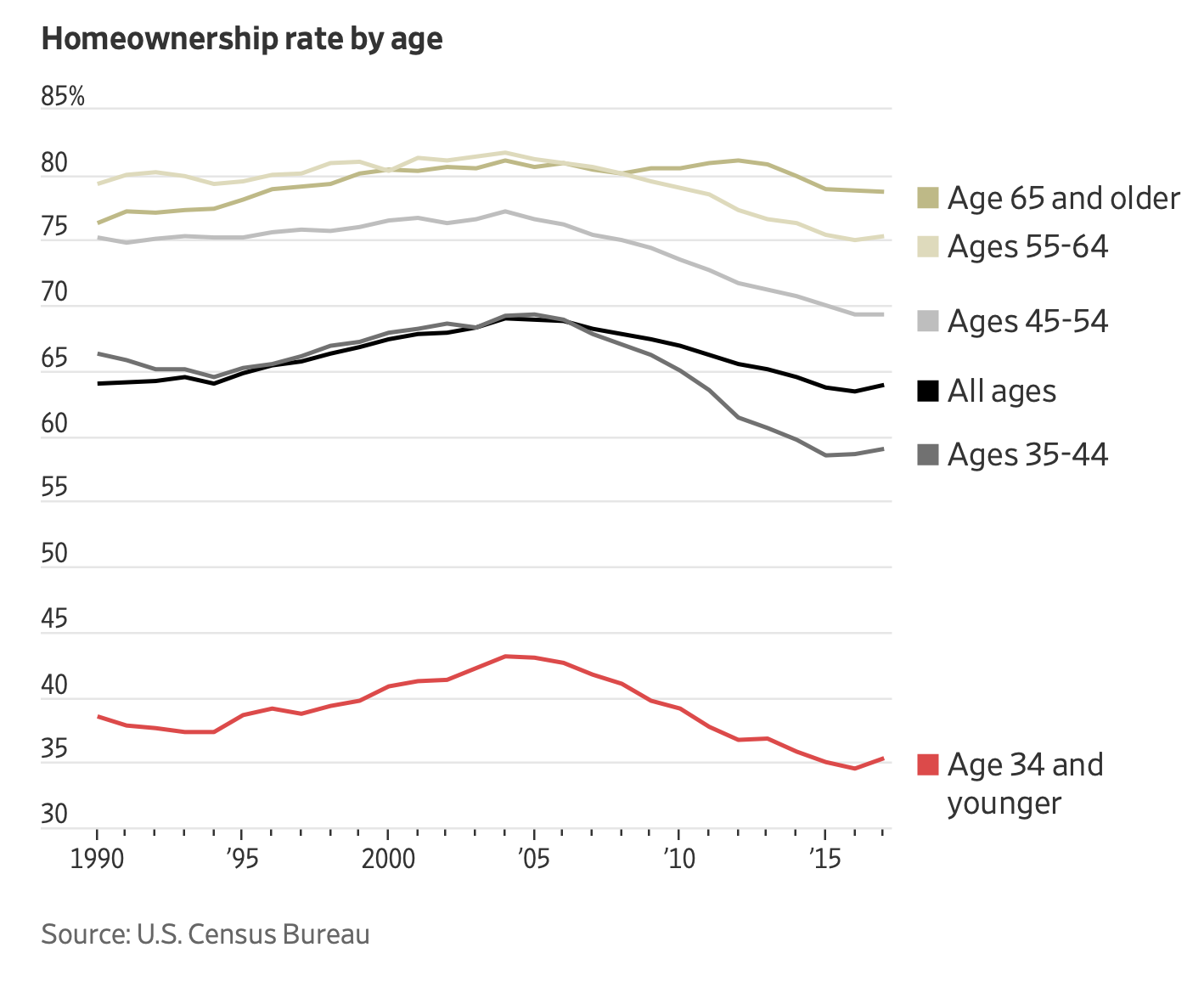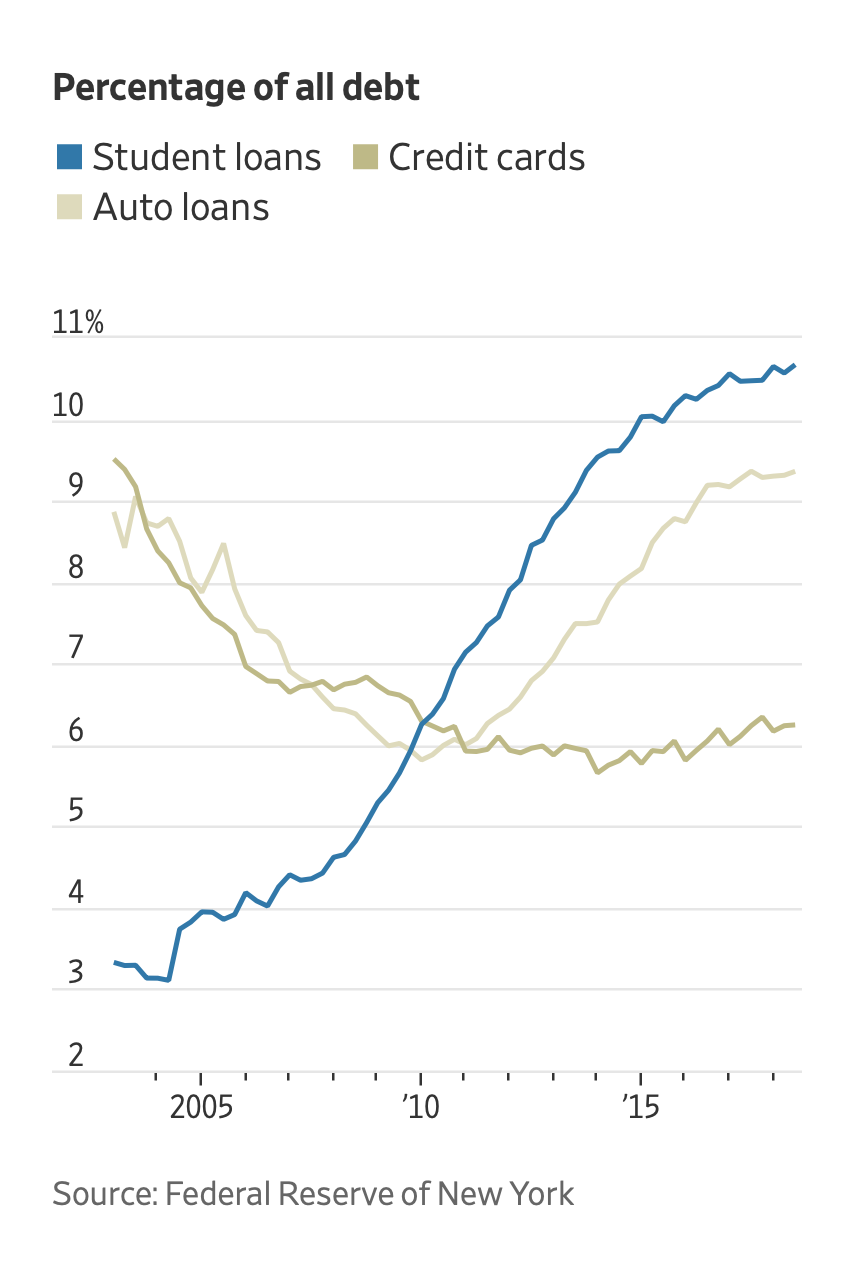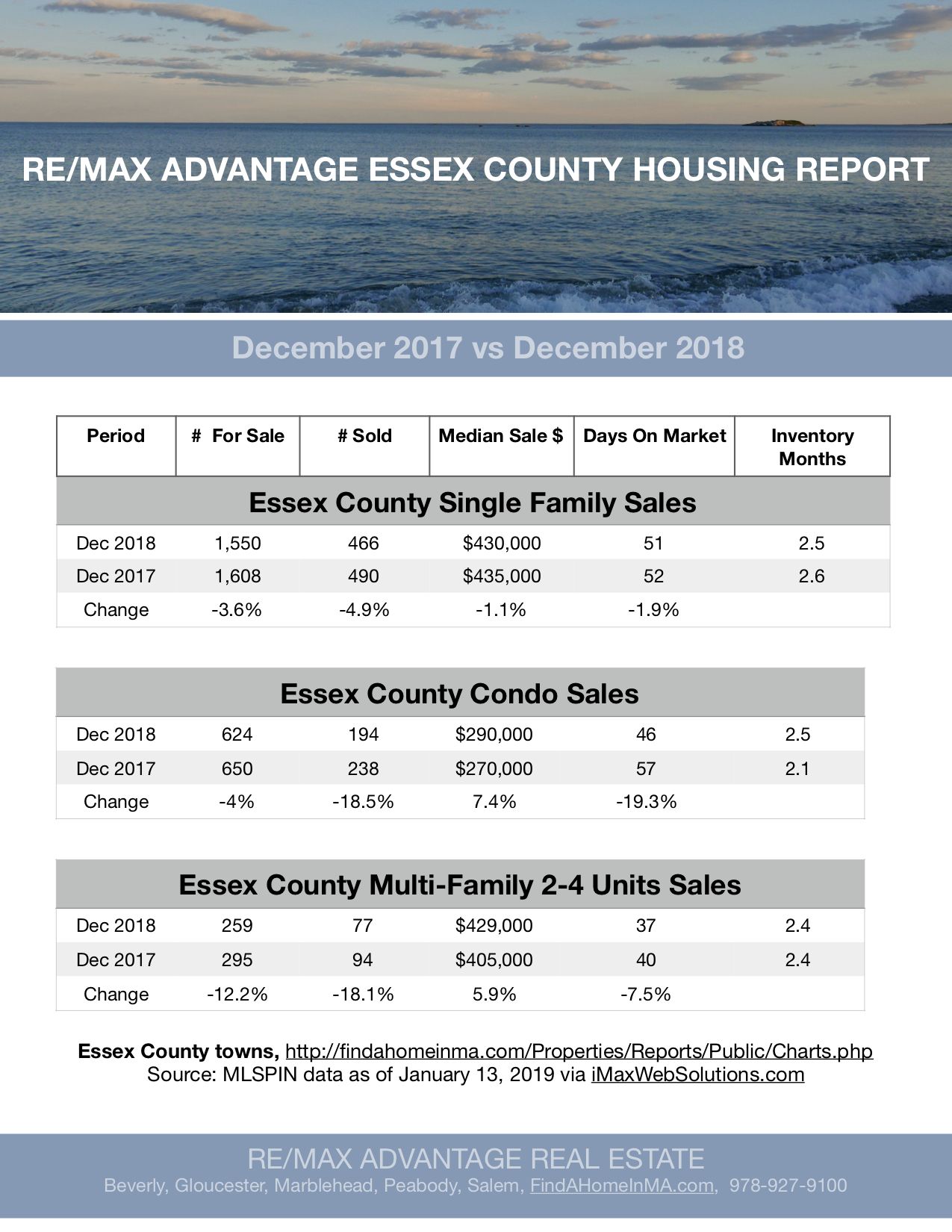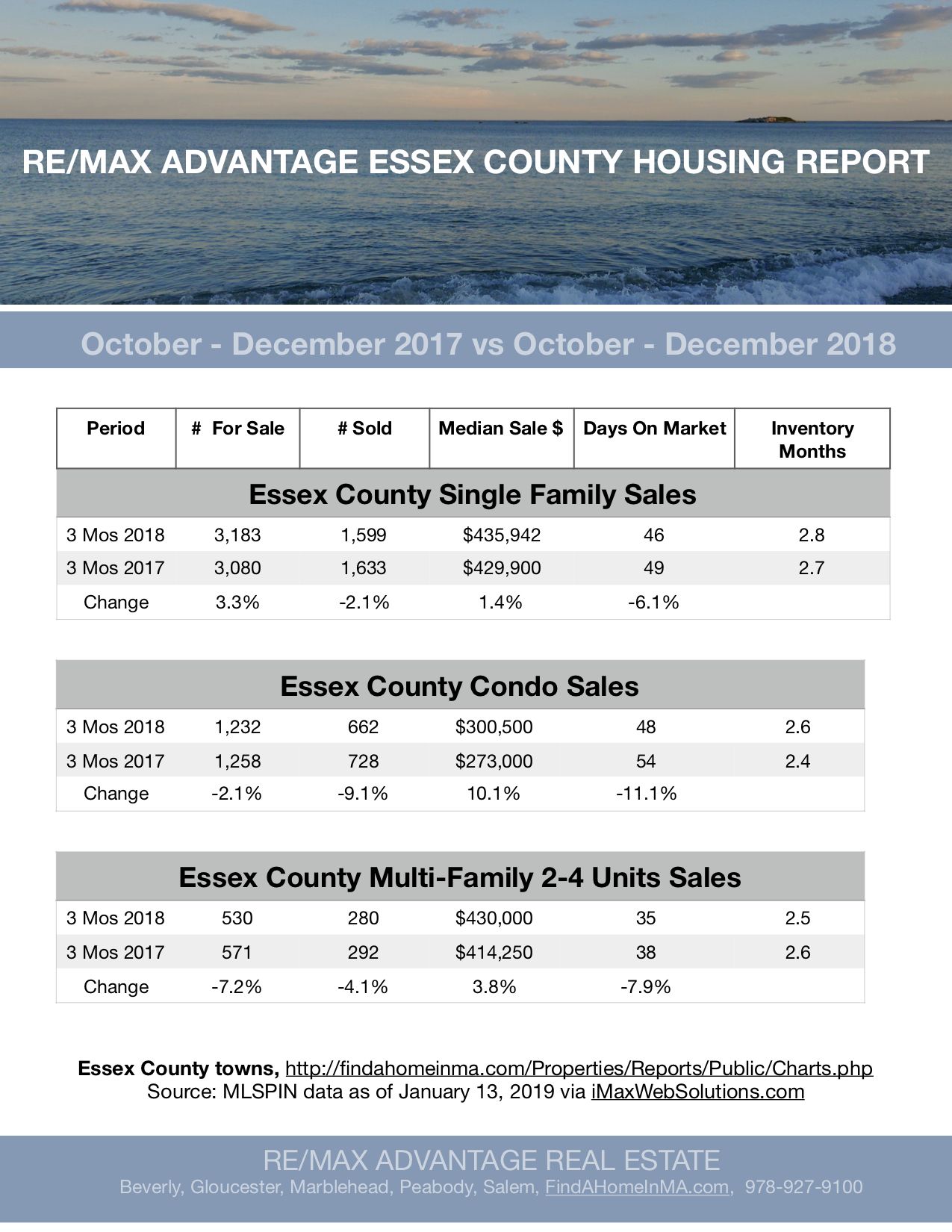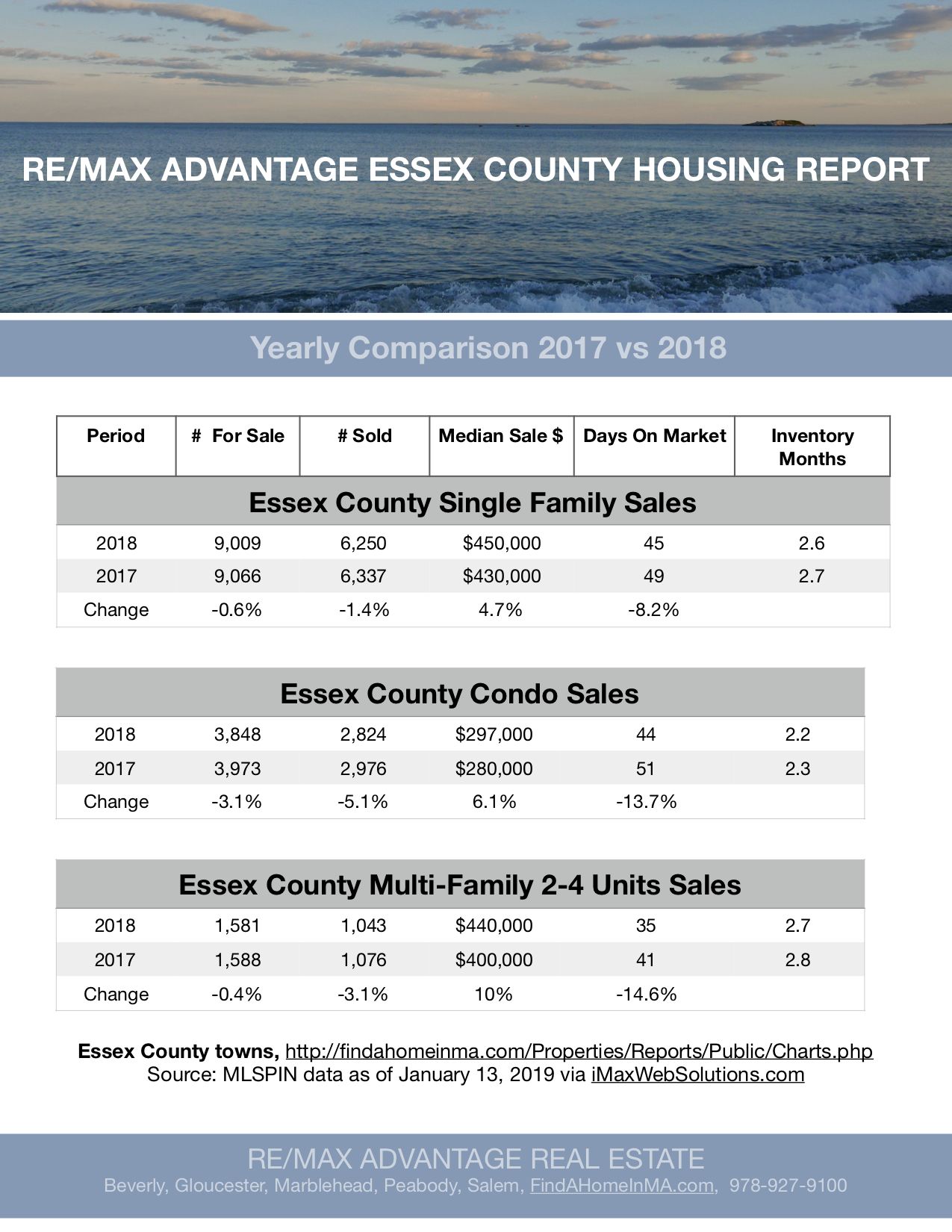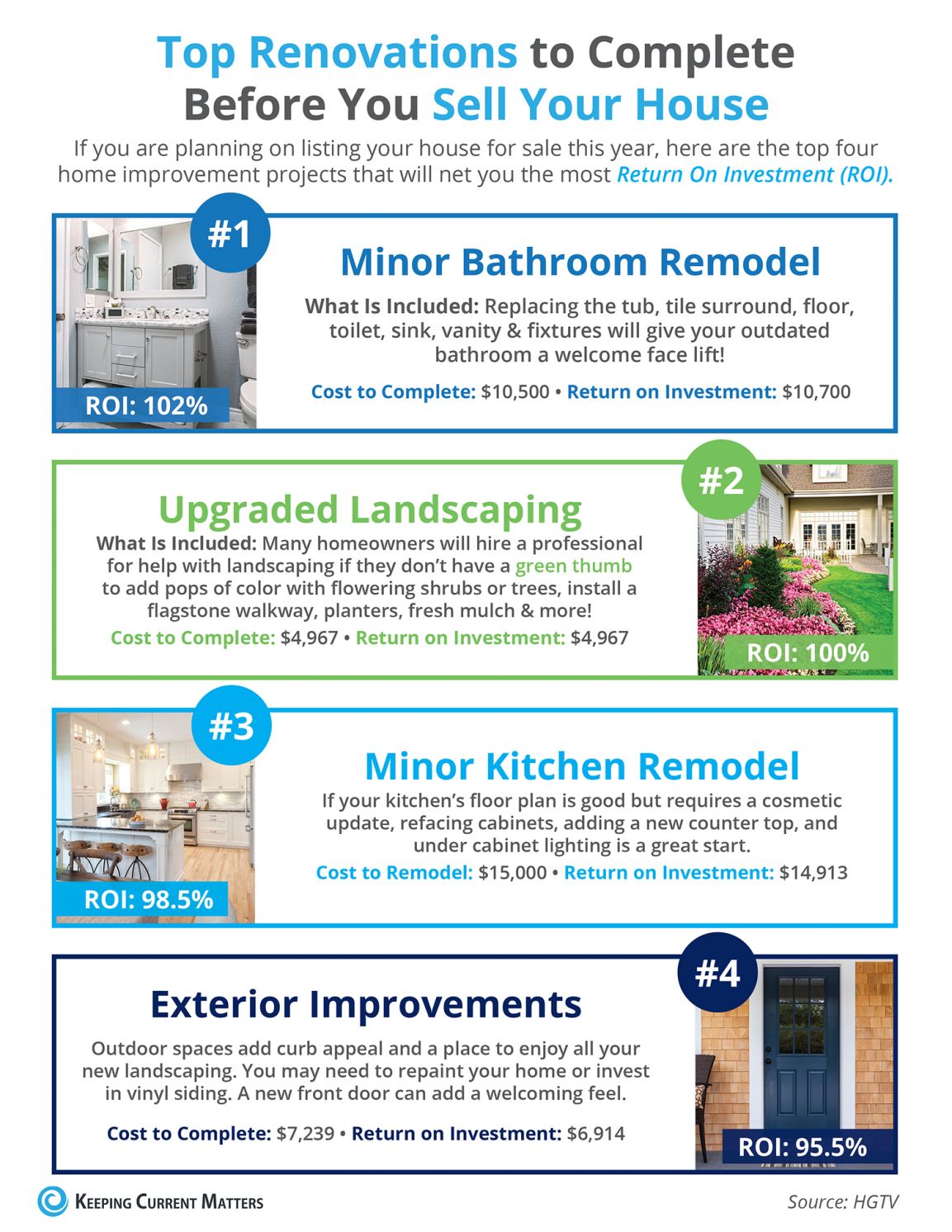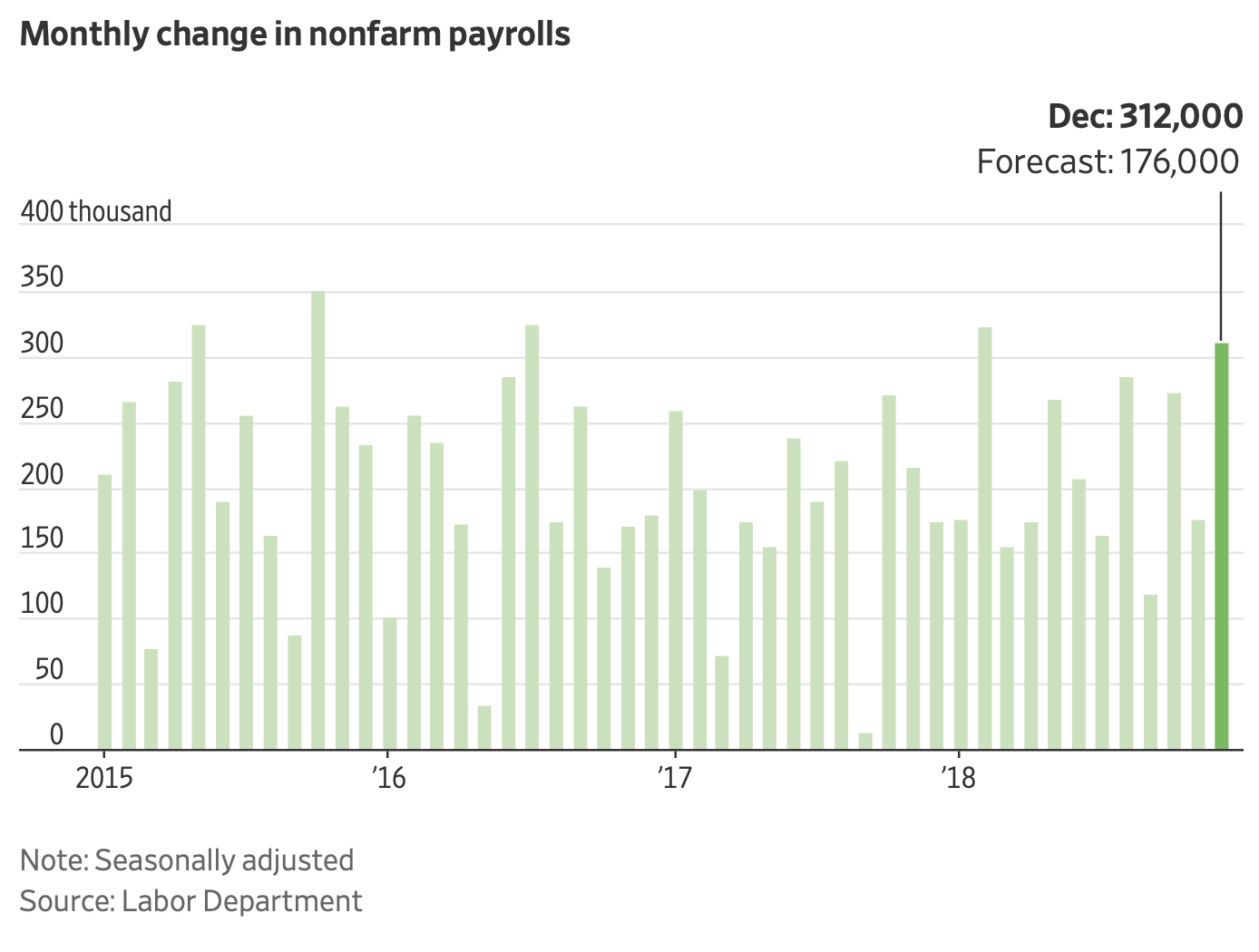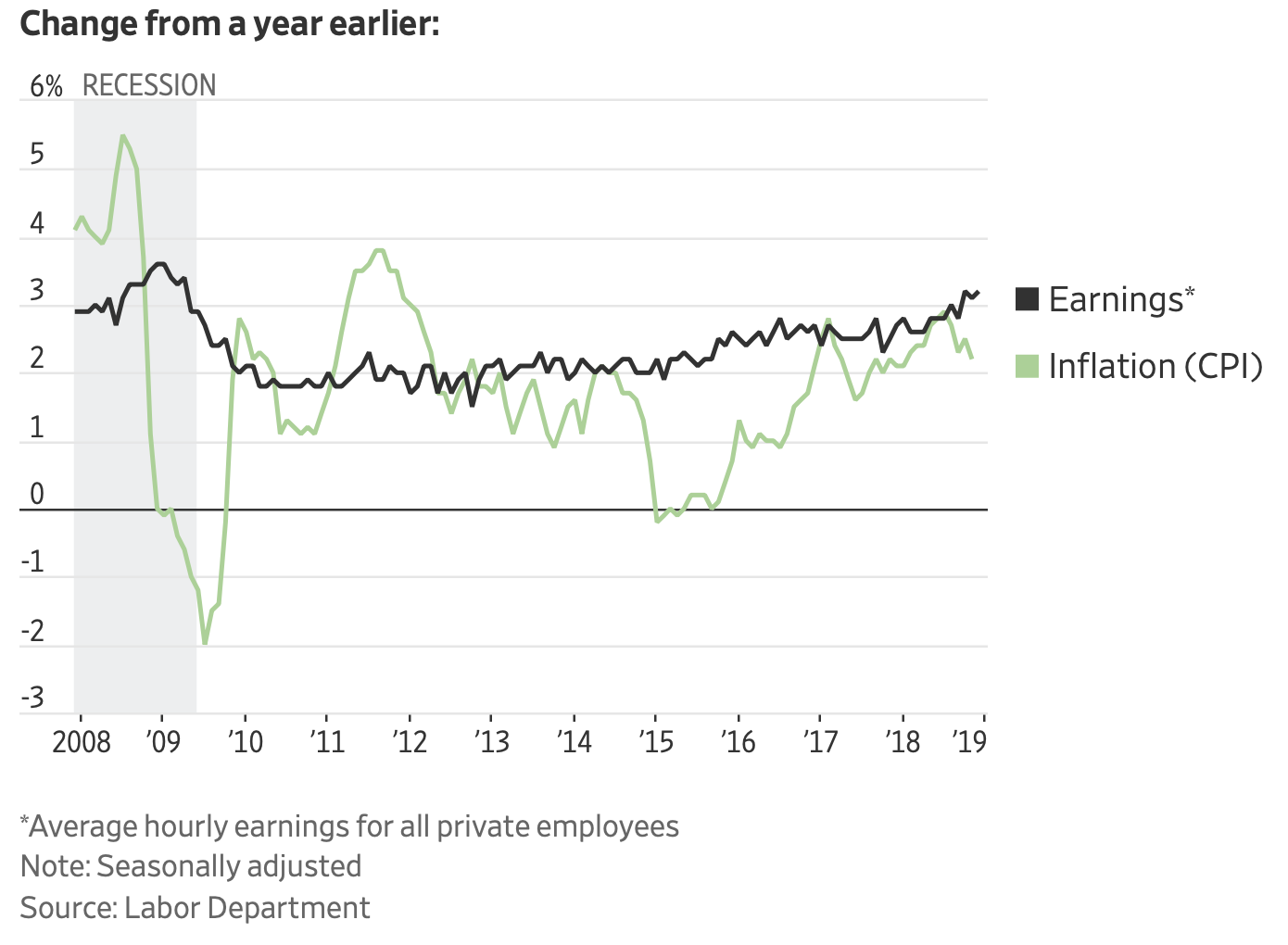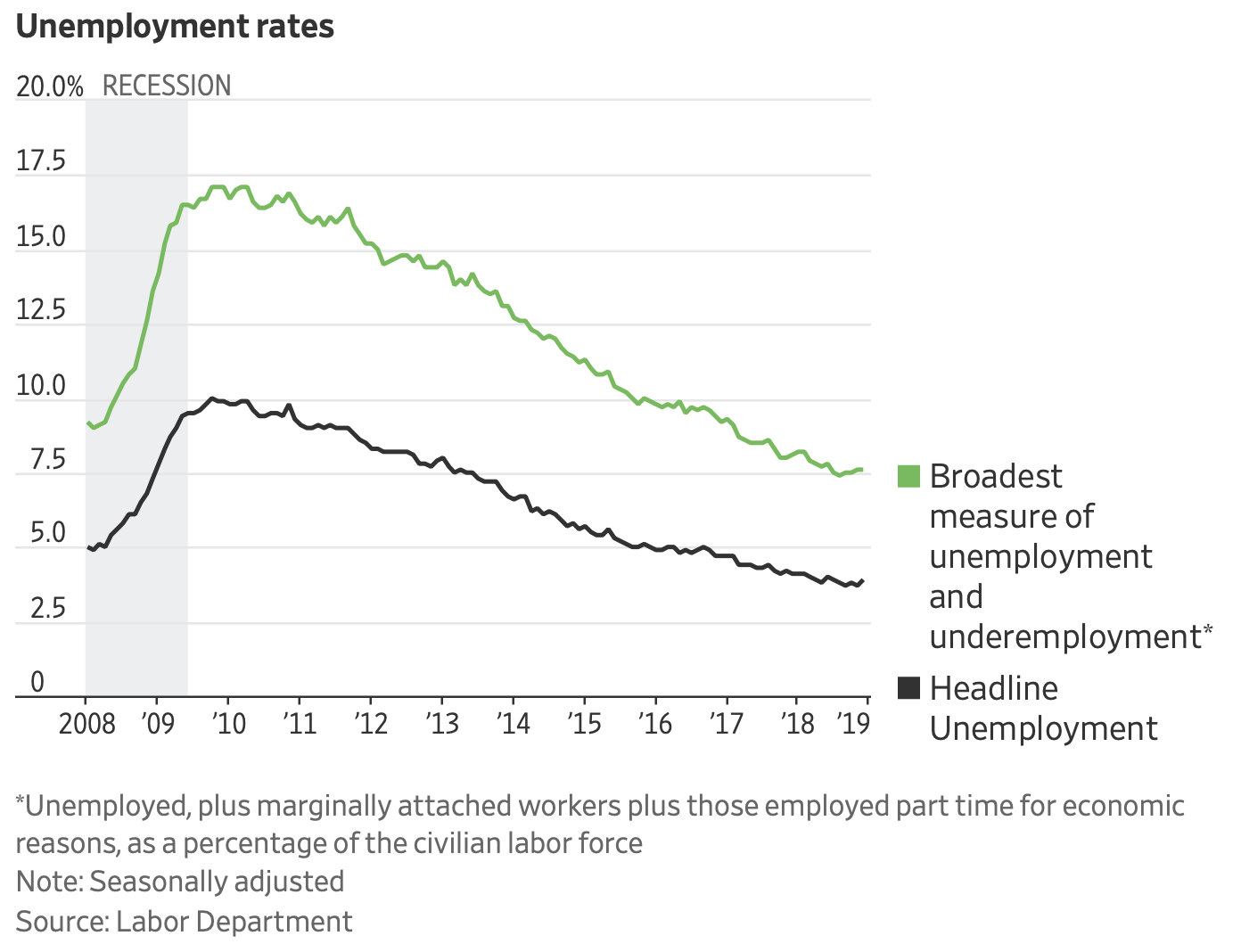Cost vs. Value: The Home Improvement Projects With the Highest ROI in 2019
http://blog.rismedia.com/?p=20761
Remodelers across the country took a hit last summer as the cost of building materials spiked dramatically, and the picture for 2019 isn't much rosier.
The percentage of return on investment (ROI) is projected to trend downward for all the replacement projects listed in Remodeling magazine's newly-released Cost vs. Value Report.
Related: 6 Costs Homeowners Overlook and How to Pay for Them
Larger indoor remodel projects took a hit as well, but weren't impacted as greatly as replacement projects as they rely more on labor costs rather than material costs.
"With the increasing costs of building materials and labor, we urge remodelers to think like real estate professionals first,” says Clayton DeKorne, editor-in-chief of Remodeling magazine. "When you adjust your focus to think like a broker first, you can dull clients’ No. 1 pain point—cost—with a discussion of the amount that can be recouped."
Nationally, here are the five projects with the greatest ROI in the report's mid-range cost category:
Manufactured Stone Veneer (94.9% ROI)
- Average Cost: $8,907
- Average Resale Value: $8,449
Minor Kitchen Remodel (80.5% ROI)
- Average Cost: $22,507
- Average Resale Value: $18,123
Deck Addition (Wood) (75.6% ROI)
- Average Cost: $13,333
- Average Resale Value: $10,083
Siding Replacement (75.6% ROI)
- Average Cost: $16,036
- Average Resale Value: $12,119
Entry Door Replacement (Steel) (74.9% ROI)
- Average Cost: $1,826
- Average Resale Value: $1,368
Nationally, Five projects with the greatest ROI in the report's upscale cost category are:
Garage Door Replacement (97.5% ROI)
- Average Cost: $3,611
- Average Resale Value: $3,520
Window Replacement (Vinyl) (73.4% ROI)
- Average Cost: $16,802
- Average Resale Value: $12,332
Grand Entrance (Fiberglass) (71.9% ROI)
- Average Cost: $8,994
- Average Resale Value: $6,469
Window Replacement (Wood) (70.8% ROI)
- Average Cost: $20,526
- Average Resale Value: $14,530
Bathroom Remodel (60.2% ROI)
- Average Cost: $64,743
- Average Resale Value: $38,952
Nationally—and on the other end of the spectrum—here are the five projects with the lowest ROI in the mid-range cost category:
Backyard Patio (55.2% ROI)
- Average Cost: $56,906
- Average Resale Value: $31,430
Master Suite Addition (59.4% ROI)
- Average Cost: $130,986
- Average Resale Value: $77,785
Bathroom Addition (60.6% ROI)
- Average Cost: $47,427
- Average Resale Value: $28,726
Roofing Replacement (Metal) (60.9% ROI)
- Average Cost: $38,600
- Average Resale Value: $23,526
Major Kitchen Remodel (62.1% ROI)
- Average Cost: $66,196
- Average Resale Value: $41,133
Nationally, Five projects with the lowest ROI in the upscale cost category are:
Master Suite Addition (50.4% ROI)
- Average Cost: $271,470
- Average Resale Value: $136,820
Bathroom Addition (58.1% ROI)
- Average Cost: $87,704
- Average Resale Value: $51,000
Major Kitchen Remodel (59.7% ROI)
- Average Cost: $131,510
- Average Resale Value: $78,524
Bathroom Remodel (60.2% ROI)
- Average Cost: $64,743
- Average Resale Value: $38,952
Window Replacement (Wood) (70.8% ROI)
- Average Cost: $20,526
- Average Resale Value: $14,530
The 2019 Cost vs. Value Report surveyed more than 3,200 real estate professionals about returns for 22 popular renovation projects in 136 different U.S. housing markets—up from 100 markets last year. View the full report, including project descriptions and city-level data, here.






